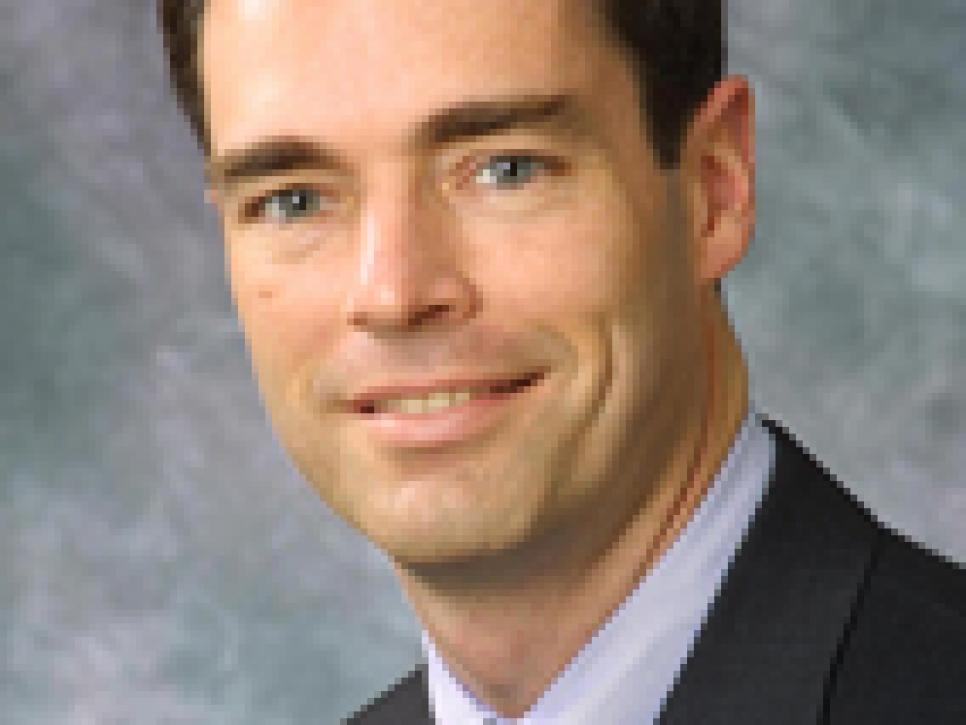The Loop
Six questions about the Mickelson insider trading probe, answered by someone who knows what he's talking about
By Peter Finch
Ever since the news about Phil Mickelson broke on Friday evening, I've seen a number of the same questions cropping up again and again on social media and online comment sections. I decided to pose six of them to someone who actually knows what he is talking about: Jim Benjamin, a former federal prosecutor in the U.S. Attorney's office for the Southern District of New York and currently head of Akin Gump's securities enforcement and litigation practice.

Here are his replies.
Q. Why would the FBI and SEC go public about an investigation like this?
I haven't seen the FBI or SEC identified as the source of these leaks, and I'd be surprised if they were. That would be contrary to their rules, and leaks also tend to undermine an investigation. We may never know who it came from, but I doubt it was the FBI or the SEC.
At different times, the government has to reach out to various third parties, looking for stock trading records or talking to witnesses tounderstand background such as the relationships between certain people. I can't imagine why those people would talk to the press about something like that, but they might have. You just never know.
Q. Members of Congress can do this, so why can't Phil?
That's actually not true - if it ever was. In April 2012, after years of debate, Congress enacted a law they called the STOCK Act. It stands for "Stop Trading On Congressional Knowledge." It was prompted by a "60 Minutes" segment that was hard-hitting and generated a lot of debate. Congress passed a law that specifically says insider-trading rules apply to members of Congress and other government officials.
Q. The definition of illegal insider trading is vague. How can people be expected to follow the law?
That's a good question. The definition of insider trading is not written down in one place. You can't open up a law book and find it there. Instead, it's been developed over 50 years of court decisions. It's complex, and at times there is definitely ambiguity that can make it difficult to know where the legal boundaries are located.
For criminal insider trading, which is pursued by the FBI, one requirement is evidence beyond a reasonable doubt that the person knew he or she was doing something wrong.
The SEC pursues civil cases. It also has a requirement of intent, but it's a little easier to satisfy. The preponderance of evidence -- that is, more than 51 percent -- has to show that the person was highly reckless. It's easier for the SEC to establish this, and the penalties are less than in criminal cases.
Q. Couldn't the feds schedule a meeting? Why did they have to approach him at a golf course?
That's a great question. Sometimes as a part of investigations, agents will approach witnesses intentionally when they're not expecting it. From the government's perspective, this can be helpful, because they may be more candid when their guard is down. On the other hand, after he finished his round at the Memorial? I don't understand that.
Q. "Phil will beat this" or "Phil is going to jail for sure."
Anybody who thinks they can make a prediction based on a newspaper article is way off base. For one thing, it's not clear who is actually under investigation, what the evidence is, or what the government's legal theories might be. The fact is, most investigations don't result in charges and not all charges result in a finding of wrongdoing. To make any predictions now, based on a newspaper report, is just completely speculative.
Q. This is obviously in retaliation for Mickelson's comments about____California taxes, right?
No [laughing]. Definitely not. For one thing, the agencies that investigate insider trading are federal agencies that have nothing to do with state taxation. Moreover, getting back to my first point, these agencies have strict rules. Sometimes they go off in directions I don't agree with, but in my experience their agenda is driven by facts and law enforcement objectives -- not somebody's views on state taxes.
Mickelson photo: Getty Images